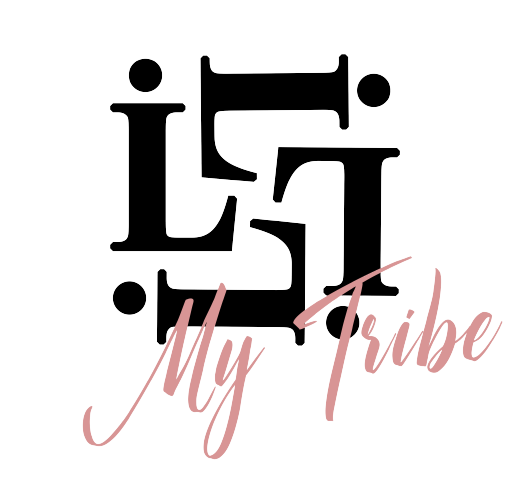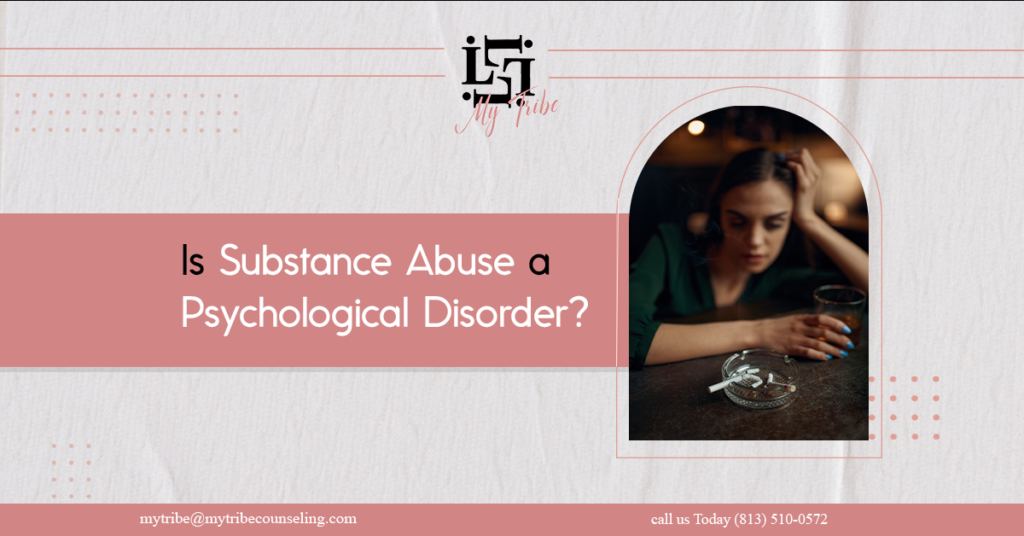The relationship between mental health and substance usage leads people to ask this question: Is substance abuse a psychological disorder?
Public attention and research show substance abuse is not just about behavior issues because it might have deep psychological roots.
Understanding this relationship requires us to examine substance abuse criteria for psychiatric diagnosis and its effects alongside treatment and recovery procedures.
Let’s Address the Question: Is Substance Abuse a Psychological Disorder?
Yes.
Substance abuse develops within a larger mental health context. It shows up as part of other mental health problems. For example:
- Someone might actually turn to drugs and use substances to cope with undiagnosed anxiety or PTSD.
- Regular use of substances can create mental health disorders, including depressive and paranoid traits.
A substance abuse psychiatrist’s or specialist’s input becomes necessary because substance abuse often connects with different mental health issues.
Psychiatrists work by finding linked mental health concerns and prescribing treatment while leading patients toward long-term recovery success.
What Makes Substance Abuse a Psychological Disorder?
Doctors study substance abuse as a mental disorder based on the standards listed in DSM-5.
The DSM-5 puts substance abuse under its Substance Use Disorders category in its classification system.
Substance abuse causes changes in brain function that affect feelings and make people continue using despite adverse consequences.
Substance abuse often intertwines with other mental health conditions like depression, anxiety, and trauma.
Several disorders prevent proper diagnostic procedures and call for comprehensive treatment solutions.
A structured substance abuse treatment plan includes mental health therapy/counseling as well as medication treatments alongside social community involvement for addressing these related health problems.
Psychological indications that signal substance abuse are shown through:
- Unable to control substance use.
- More tolerance.
- Withdrawal symptoms when not using.
- Risky behaviors to access or use substances.
- Damaged relationships or ignoring daily responsibilities.
Addiction Types and Substance Abuse
There are different types of addiction:
- Alcohol addiction.
- Drug addiction from illegal substances—these can be heroin, cocaine or methamphetamines.
- Abuse of prescribed drugs such as opioids or benzodiazepines.
People who have active addiction end up prioritizing their substance use needs more than all other aspects of life, even though the results are negative.
Learning to tell apart substance abuse vs addiction matters for practical understanding.
Public confusion exists between these terms, yet dangerous substance use can develop into addiction, yet not always progress that far.
An addiction represents a long-term medical condition that puts users under its control with the inability to manage substance use.
Drug treatment plans might be developed to intervene in these situations.
Developing a Substance Abuse Treatment Plan
To create a successful treatment plan for substance abuse, professionals look into the biological and emotional needs of recovery.
A comprehensive substance abuse treatment plan must include steps to help patients identify their causes of use as well as teaching appropriate response techniques and helping them navigate recovery.
Some Essential Parts of a Substance Abuse Care Plan:
- Patients must undergo detoxification. That is to remove the substance from their bodies, during which healthcare providers control withdrawal symptoms.
- Doctors treat addiction triggers through Behavioral Therapy programs combined with special Cognitive Behavioral Therapy.
- Patients with opioid addiction receive treatment by taking medications, including methadone, naltrexone or buprenorphine.
- Support groups serve as support systems to give peer assistance during recovery.
A variety of substance abuse treatment plan examples exist depending on the addiction type and the individual’s needs. For instance:
- A person who has an opioid addiction requires medication-assisted treatment in combination with therapy, which should extend through multiple months.
- People dealing with alcohol addiction achieve better recovery results through residential rehabilitation followed by a continuation of care within outpatient settings.
Every substance abuse care plan must have the flexibility to address different challenges that each patient experiences uniquely.
Closing Thoughts
Recovery from substance abuse remains achievable even though the condition proves complicated to treat.
An adequately designed care plan enables patients to escape from substance abuse or an active addiction state.
My Tribe Counseling provides evidence-based support guided by compassionate healthcare professionals to help clients recover step-by-step.
We assist clients who need access to substance use/abuse classes, resources, and specialized addiction services that help restore their lives.
Taking action right now will help you overcome substance abuse without facing it independently.
What Comes Next
- Contact My Tribe Counseling to organize your first appointment session.
- Meet with an expert professional who can help evaluate your requirements.
- Get treatment that aligns with your needs.
FAQs
What is the difference between mental illness and psychological disorder?
A broad spectrum of health issues affects mental wellness and qualifies as mental illness.
A psychological disorder directly affects how someone thinks, their emotional state, and behavioral actions.
What is the difference between addiction and abuse?
Substance abuse means harmful and risky substance utilization that often appears in specific situations.
Addiction persists as a persistent medical problem that leads to dependency alongside compulsive substance usage.

